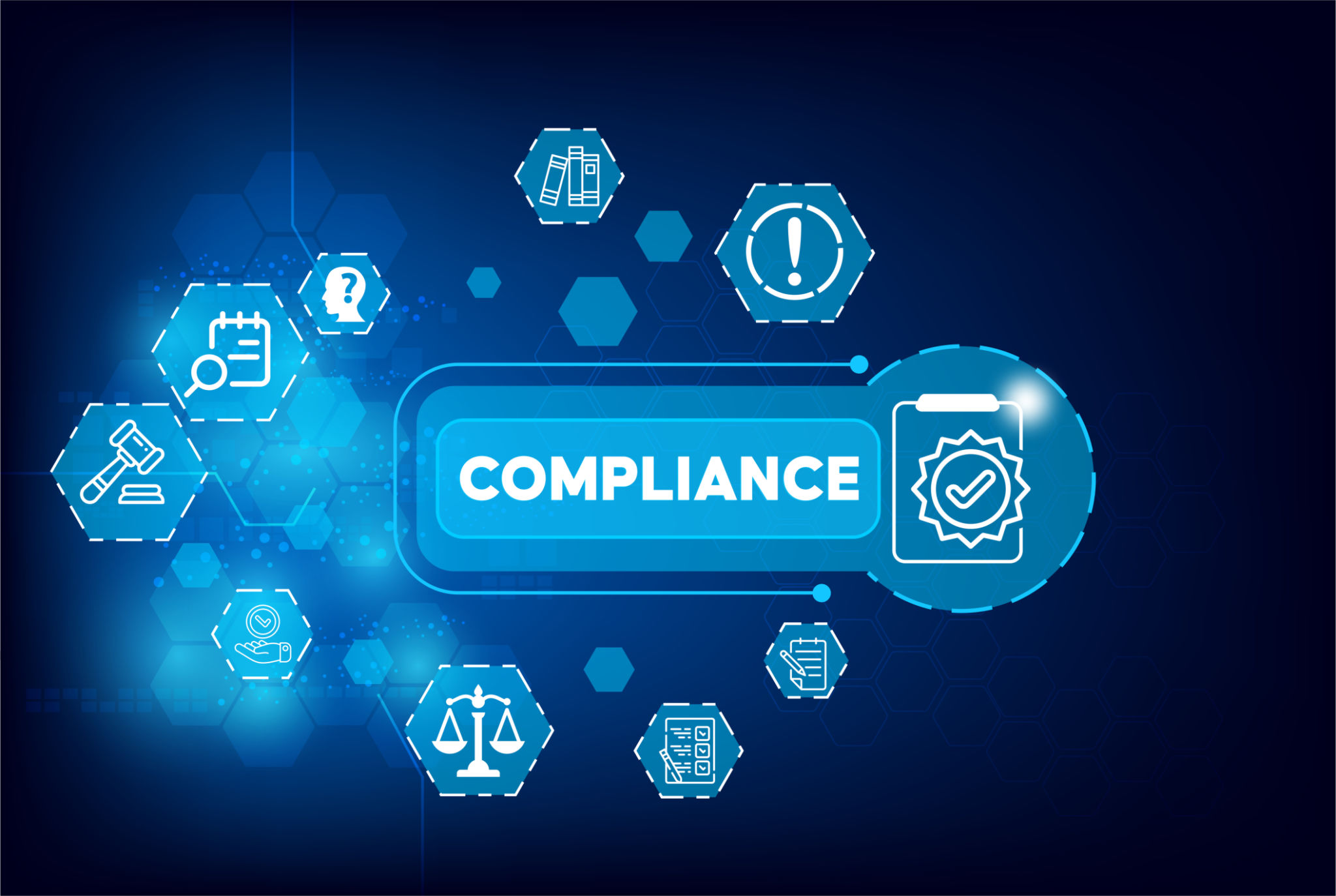The Strategic Advantage of Reliability-Centered Maintenance (RCM) – Maximizing Operational Efficiency
In today’s fast-paced industrial landscape, asset reliability is paramount. Downtime can cripple productivity, inflate costs, and reduce a company’s competitive edge. Reliability-Centered Maintenance (RCM) is a strategic methodology designed to optimize maintenance programs, ensuring that equipment performs its intended functions efficiently and cost-effectively.
Why RCM Matters
RCM is not just another maintenance approach; it is a paradigm shift that aligns maintenance activities with business goals. Unlike traditional preventive maintenance, which often results in excessive or ineffective interventions, RCM pinpoints failure modes and prescribes the most efficient maintenance tasks. This structured approach significantly enhances operational performance, extends asset life, and minimizes unnecessary expenses.
Key Benefits of RCM
1. Boosting Operational Efficiency
RCM enhances Overall Equipment Effectiveness (OEE) by up to 30% by reducing unplanned downtime and optimizing asset performance. By focusing on critical functions and failure modes, RCM ensures that maintenance efforts are proactive rather than reactive.

2. Reducing Maintenance Costs
Traditional maintenance approaches often lead to either excessive or inadequate interventions, increasing costs and risks. RCM eliminates unnecessary maintenance tasks, ensuring that resources are directed to the most impactful activities. Studies show that companies implementing RCM can reduce maintenance costs by up to 40%.
3. Extending Asset Life
By applying data-driven maintenance interventions, RCM can extend asset life by 20% to 30%. This reduces the frequency of equipment replacements and capital expenditure, ultimately improving long-term financial sustainability.
RCM in Action: Real-World Impact
Many industries, including oil and gas, pharmaceuticals, aerospace, and manufacturing, have leveraged RCM to achieve substantial operational improvements.
✅ Oil & Gas: RCM has helped refineries reduce unplanned shutdowns by 25%, saving millions in lost production.
✅ Pharmaceuticals: Ensuring equipment reliability has led to regulatory compliance and reduced costly product recalls.
✅ Manufacturing: By focusing on failure mode analysis, factories have minimized defects and improved output consistency.

Implementing RCM in Your Business
RCM implementation involves a systematic process that includes:
- Identifying critical assets and functions – Prioritizing equipment that has the most significant impact on operations.
- Determining failure modes – Understanding how and why failures occur.
- Evaluating failure consequences – Assessing the financial, safety, and operational implications of failures.
- Selecting optimal maintenance strategies – Choosing the most effective and cost-efficient maintenance interventions.
- Continuous improvement – Refining maintenance strategies based on performance data and evolving operational needs.
Take Action: Optimize Your Maintenance Strategy
If you’re uncertain about how to integrate RCM into your business, expert guidance can make all the difference. With extensive experience in the oil, gas, and pharmaceutical industries, I can help you design and implement an RCM strategy that delivers tangible results.
Contact RPC Maint through email, or call me on the number available through the website.
